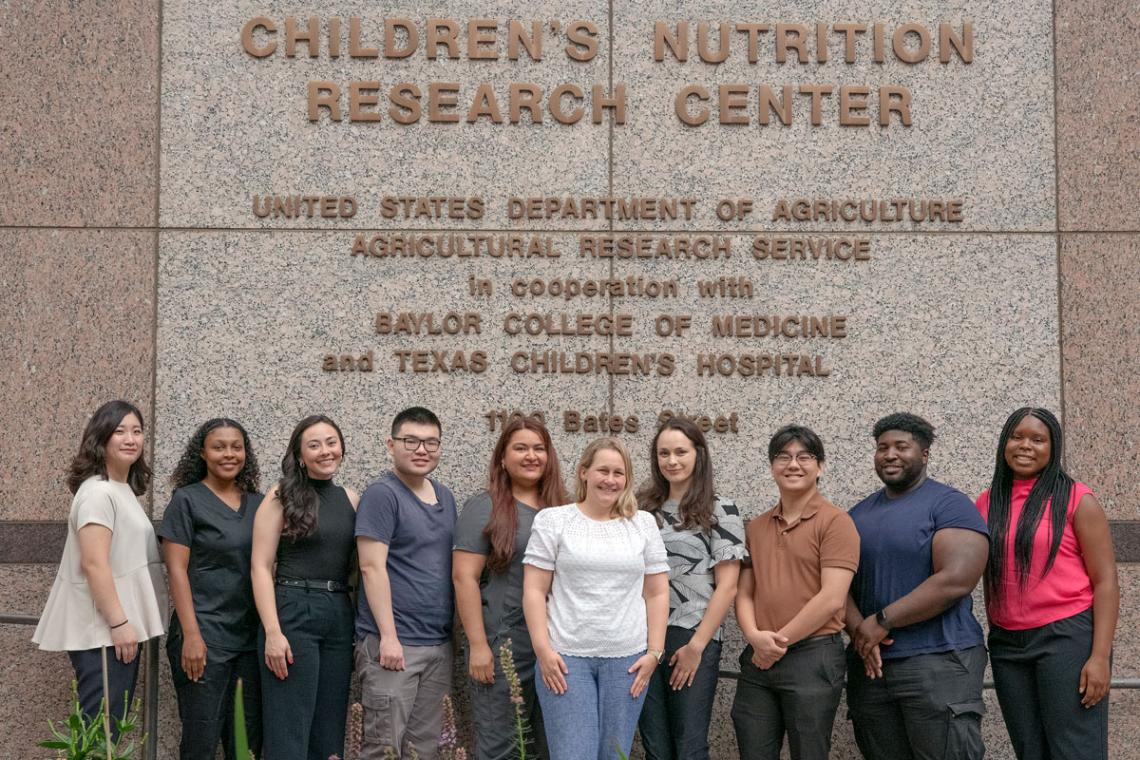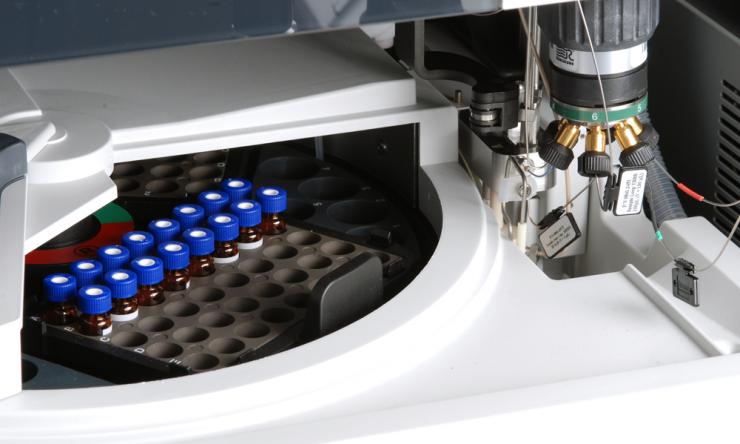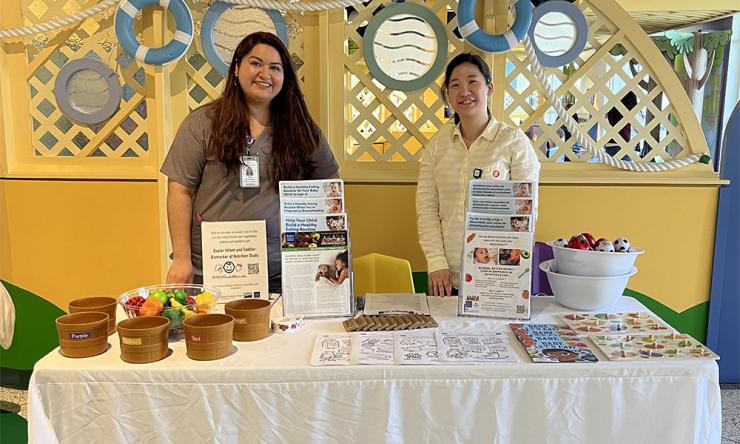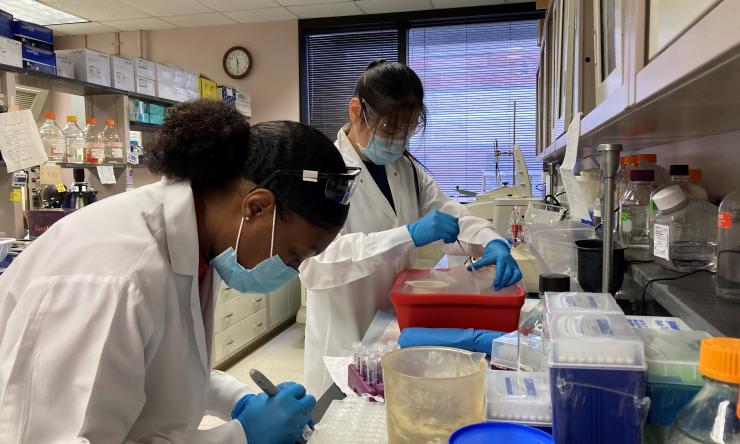

About the Lab
The Nancy E. Moran Lab (Carotenoids and Nutrition Laboratory) seeks to understand how dietary carotenoids impact human health. Carotenoids are a class of colorful orange, red, and yellow compounds found in fruits and vegetables. Some carotenoids, such as beta-carotene and alpha-carotene are converted to vitamin A in the body- and therefore play an important role in development and health. Other carotenoids, such as red lycopene and yellow lutein, are not pro-vitamin A, but may play a role in cancer prevention and promotion of visual and cognitive function, respectively.
Our program engages a translational research approach, studying carotenoid metabolism and bioactivity in both model systems and in humans. We are studying the mechanisms by which carotenoids are absorbed and distributed throughout the body, how blood and tissue carotenoid concentrations can be used as biomarkers of dietary intake, and the molecular impacts of carotenoids in the body to better understand how carotenoids may promote health across the life cycle.
Join Our Study!
The Moran Lab is seeking healthy infants, 4 months and younger, for a study that will determine if a rapid, skin sensor measurement can determine infants' intake of colorful compounds from fruits and vegetables. This kind of technological advance could revolutionize doctors' and researchers' ability to quickly assess children's food intake.
No special eating guidelines are involved, families just feed their infants as they normally would and visit with our team several times during early infancy and toddlerhood.
Learn more about the study and complete our online interest form to get started.
Research Projects
View a listing of our projects related to carotenoids and children's nutrition.
Publications
Our research projects and studies result in peer-reviewed publications in scientific journals.
Opportunities
View information on research and training opportunities in the Moran lab.
Lead Investigator
View Dr. Nancy E. Moran's bio for details on her interests in understanding how dietary carotenoids impact human health.
USDA/ARS Children's Nutrition Research Center

The Moran Lab is part of the USDA/ARS Children's Nutrition Research Center which conducts basic and clinical research that represents the vibrant and diverse scope of childhood nutrition. Studies carried out at the CNRC investigate molecular mechanisms of metabolic diseases, human nutrition and metabolism, plant physiology, epidemiology, and community-based health. The CNRC houses laboratories supported by state-of-the-art equipment, room calorimeters, a greenhouse, a metabolic kitchen, multiple observation labs, as well as accommodations for research volunteers.















